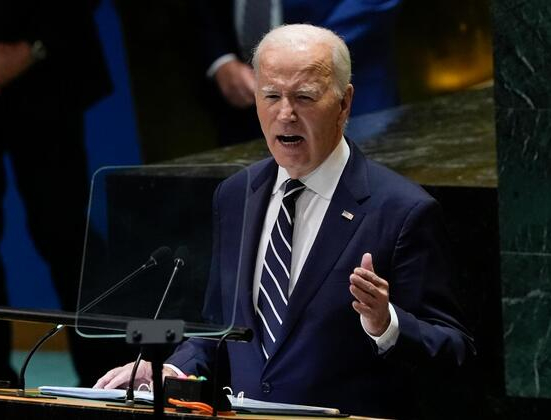Pakistan will persist with aerial strikes against Afghanistan as part of a new military operation to counter terrorism, Defense Minister Khawaja Asif told the BBC. These operations target groups that Pakistan accuses of attacking its security forces and civilians.
Previously, Pakistan had only admitted to one such strike in Afghanistan, conducted in March this year. However, Asif now confirms ongoing operations, dismissing concerns over their legality. He stated, "We won’t serve them with cake and pastries. If attacked, we’ll attack back," and emphasized that informing the Taliban of impending attacks would "eliminate the element of surprise."
The Taliban government in Afghanistan has condemned the strikes as violations of its sovereignty, warning that cross-border attacks will have "consequences." Tensions between the two countries have been escalating since the Taliban's takeover of Afghanistan in 2021. Pakistan claims that the Pakistani Taliban (TTP) has sanctuaries in Afghanistan, a charge the Taliban has been reluctant to address.
Pakistan's renewed military operation, named "Resolve for Stability," aims to curb escalating violence and terrorist attacks within its borders, with a particular focus on groups operating in Pakistan. Critics suggest the operation was initiated due to pressure from Beijing, concerned about the safety of its citizens in Pakistan, especially those working on China Pakistan Economic Corridor projects.
In March 2024, a suicide bomber attacked a convoy of Chinese engineers in northwest Pakistan, resulting in the deaths of five Chinese nationals. Pakistan's military alleged the attack was planned in Afghanistan, with the bomber being an Afghan national. Asif denied that the recent operations were due to Chinese pressure but acknowledged they would address security threats to Chinese projects and nationals in Pakistan.
4o

















